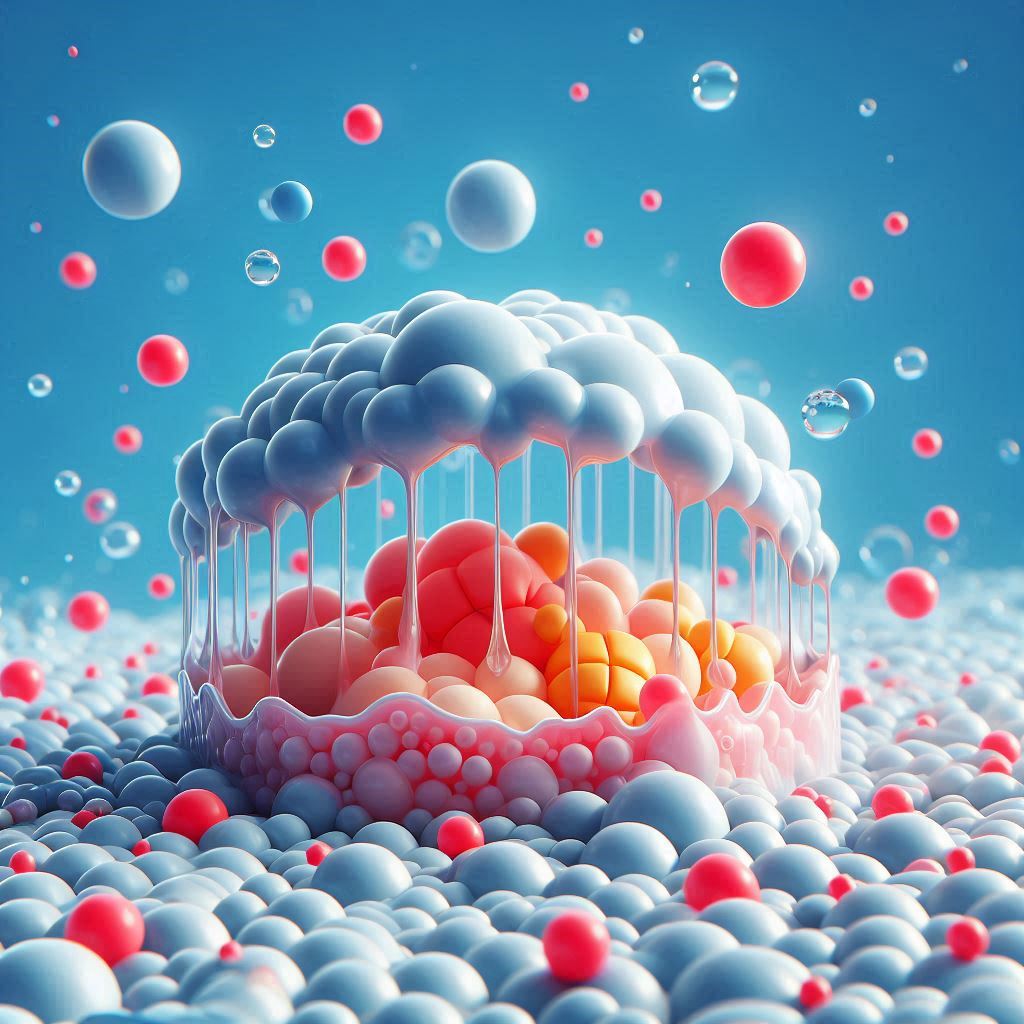Introduction
Imagine a world without PVC or polyvinyl chloride. From the plumbing that ensures clean water reaches our homes to medical devices that save lives daily, PVC plays a vital role in numerous aspects of our everyday lives. Yet, despite its prevalence, many people are unaware of what makes material so versatile and vital. In this article, we’ll delve into the fascinating world of soft vinyl chloride (PVC), exploring its composition, applications, benefits, and the evolving landscape of sustainability within the PVC industry.
Understanding Soft Vinyl Chloride
PVC, or polyvinyl chloride, is one of the most widely used synthetic plastic polymers globally. But what exactly is it?
Composition and Properties
PVC is made by polymerizing vinyl chloride monomers, resulting in a solid plastic that can be used in a soft or rigid form. The inherent properties of PVC include:
- Durability: PVC is known for its long lifespan and resistance to environmental degradation.
- Versatility: It can be easily molded into various shapes and sizes, making it suitable for diverse applications.
- Cost-effectiveness: PVC is relatively inexpensive to produce, making it accessible for widespread use.
Additives in PVC
To enhance its properties, additives are often mixed with PVC. These include:
- Plasticizers: These make PVC flexible and softer, which is essential for applications like cables and flooring.
- Stabilizers: Help PVC withstand heat and sunlight, extending its durability.
- Colorants: Allow for customization in appearance, adding aesthetic value to products.
Applications of Soft Vinyl Chloride
PVC’s adaptability has earned it a spot in various industries. Let’s explore some of its key applications.
Construction Industry
PVC is a staple in the construction industry due to its robustness and versatility.
- Pipes and Fittings: Plumbers extensively use PVC pipes due to their resistance to corrosion and chemical damage.
- Window Frames and Doors: Offer excellent insulation properties and low maintenance.
- Flooring: Soft vinyl flooring is durable, easy to clean, and available in a wide range of designs.
Medical Sector
The medical industry relies heavily on PVC for its unique properties.
- Medical Tubing: Healthcare providers use flexible PVC in IV bags and oxygen masks, providing essential support to healthcare operations.
- Blood Bags: PVC’s chemical resistance ensures the safe storage and transport of blood and other fluids.

Consumer Goods
PVC finds its way into countless everyday items.
- Toys: Manufacturers use soft PVC to make toys, given its safety when properly formulated.
- Clothing and Accessories: Manufacturers use PVC in raincoats, shoes, and even some designer handbags owing to its waterproof nature.
“PVC’s adaptability makes it an invaluable material across a myriad of industries, from construction to healthcare, offering unparalleled durability and versatility.”
Environmental Considerations and Innovations
While PVC has numerous benefits, its environmental impact has been a subject of concern. The production and disposal processes can release harmful chemicals, including dioxins, into the environment.
Advances in Sustainable Soft Vinyl Chloride
The industry has responded with various innovations aimed at reducing its ecological footprint.
- Recycling: PVC is recyclable, and advancements in recycling technologies have increased the rate of PVC recycling source.
- Bio-based Plasticizers: Researchers are developing these as alternatives to traditional plasticizers, reducing reliance on fossil fuels.
- Energy-efficient Production: Manufacturers are redesigning modern manufacturing processes to minimize energy consumption and emissions.
Green Building Certification
Using sustainable PVC products can contribute to green building certifications like LEED (Leadership in Energy and Environmental Design), affirming the shift towards more eco-friendly practices.
Conclusion: Soft Vinyl Chloride
Soft vinyl chloride, or PVC, is an incredible material that has revolutionized many facets of modern life. Its durability, versatility, and cost-effectiveness make it indispensable across various industries. However, as we move towards a greener planet, it’s crucial to balance these benefits with environmental considerations. Ongoing innovations in recycling and sustainable production practices are paving the way for a more eco-friendly future for PVC products.
So next time you encounter PVC in your daily life, whether it’s in the form of a window frame, a medical device, or flooring, remember the fascinating journey and the continuous evolution behind this ubiquitous material.
How does PVC play a role in your life, and what changes do you think are essential for sustainable development? Let’s continue this conversation and be part of a smarter, greener future.
Raw Material For PVC Resin: The Journey To Plastic